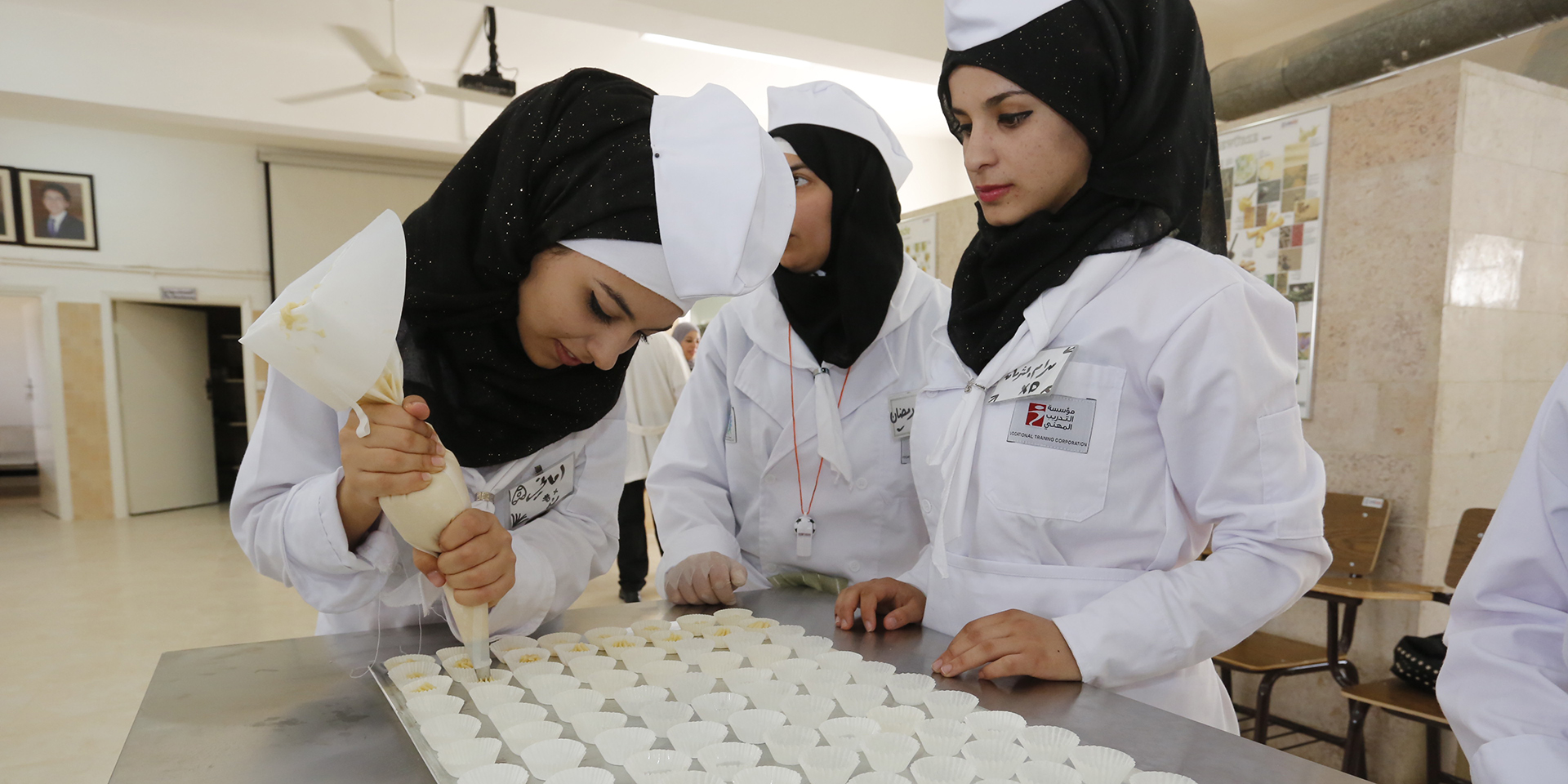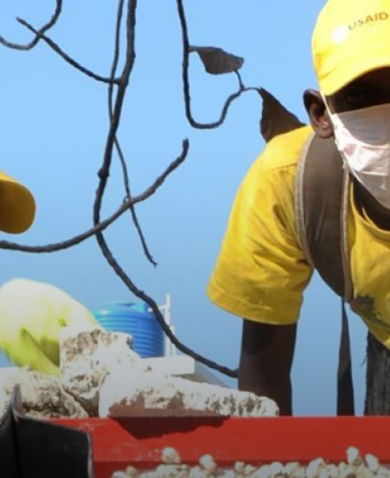
Tourism Can Be an Engine of Economic Growth — If It’s Done Right
August 3, 2017 | 3 Minute ReadTourism has the potential to create significant growth, but how can we ensure local communities receive a share of the profits? Preston Motes and Anna Lynott tackle this question and more.
Tourism is an industry with the capability to transform international development. Tourism is the largest service industry globally, accounting for nearly 10 percent of global GDP. Nearly 293 million jobs, or one in eleven jobs around the world, are within the tourism sector. Tourism is currently featured in three of the Sustainable Development Goals (SDGs), including Goal 8 which “requires societies to create the conditions that allow people to have quality jobs that stimulate the economy while not harming the environment.” Tourism is uniquely situated to have a positive impact on Goal 8.
The UN has also named 2017 the International Year of Sustainable Tourism for Development to highlight the contributions of tourism towards Goal 8 and all of the SDGs to create more inclusive and economically stable jobs. Acknowledging the impact that tourism can have, the World Bank hosted the Tourism Knowledge Exchange in Washington, D.C. on June 21 for international development organizations, governments, and private sector entities to discuss how naturally shifting trends in tourism have impacted the way tourism programming can advance the SDGs.
Yet tourism faces a major challenge to pushing Goal 8 forward. Nearly 80 percent of the money invested and spent within the tourism sector is not captured by the host community. In order to create the conditions necessary for sustainable jobs, more emphasis needs to be placed on retaining tourism dollars in local rural and urban communities.
1. Distributing economic gains from tourism
In order to truly boost economic development of local communities, tourism dollars need to be better retained within rural and urban communities. Traditionally, tourists stay at internationally owned resorts and do not engage with local businesses and organizations. This concentrates the money they spend within an international conglomerate instead of benefiting the host community. But the way people are traveling is changing, with upward trends towards nontraditional travel including home sharing, and a desire to engage with locals and experience local lifestyles. This disruption is allowing the economic benefits of tourism to be more widely distributed across value chains within communities that traditionally are not frequently visited by tourists. Through home-sharing platforms like Airbnb, nearly 50 percent of money spent by guests is re-invested into local businesses and services within host communities. Lower prices for these nontraditional methods have broadened tourism opportunities for domestic and international tourists, increasing length of stay and accessibility to high-demand locations. Additionally, these platforms open up low-demand locations and encourage tourists to experience local communities. This allows economic benefits to be spread throughout the tourism value chain, and communities are starting to reap the benefits. Embracing this disruption in tourism programming by the international community can better disburse economic benefits.
2. Technology-driven tourism
Effectively using technology has the potential to drastically change small-scale tourism. Mobile phones, travel apps, and analytical platforms such as LUCA tourism tracking capture the natural shifts in tourist behavior. Large-scale data analytics and research can track tourist spending and allow businesses to develop and market products, experiences, and services that align with tourism trends. Effective use of the information these platforms are capturing can allow small and medium tourism enterprises to market their services to untapped audiences. Through more targeted marketing, service providers are able to enhance tourist experiences, leading to higher referrals and increased revenue. Additionally, consumer-operated social media drives tourism to these areas through reviews, personal stories, and shared experiences. These efforts to boost tourism in low-demand areas is compounded through previous patrons’ use of social media. User-driven social media campaigns bring more attention and interest to these low-demand areas, allowing local enterprises to tap into the benefits of tourism. The international development community can help facilitate effective use of technology for the tourism industry by linking local businesses to relevant platforms.
3. Social inclusion in tourism
Alternative methods to traditional tourism have also helped boost social inclusivity in local communities. Throughout the world, women who engage in home sharing have generated more than $10 billion in revenue, and nearly 50,000 women have used their earnings to create their own businesses and increase economic opportunities within their communities. These alternative travel methods have led to more employment opportunities worldwide. As an industry, travel and tourism employ some of the highest percentages of people between the ages of 15 to 25 throughout the world, and tourism in general has a significantly higher youth employment rate than the overall labor market. The tourism industry is uniquely positioned to create sustainable economic opportunities and lasting economic growth for women and youth.
Tourism has great potential to advance the Sustainable Development Goals and provide a better way of life for millions of people throughout the world. By retaining tourist dollars within local communities and attracting more people to rural and urban communities throughout the world, the tourism industry can serve as a catalyst for economic empowerment, cultural understanding, environmental conservation, and peace and security. Stay tuned for upcoming blogs on tourism for development in the coming months, in the lead up to the Conference on Jobs and Inclusive Growth: Partnerships for Sustainable Tourism in Montego Bay, Jamaica this November, hosted by the United Nations World Tourism Association, the government of Jamaica, and the World Bank.
























